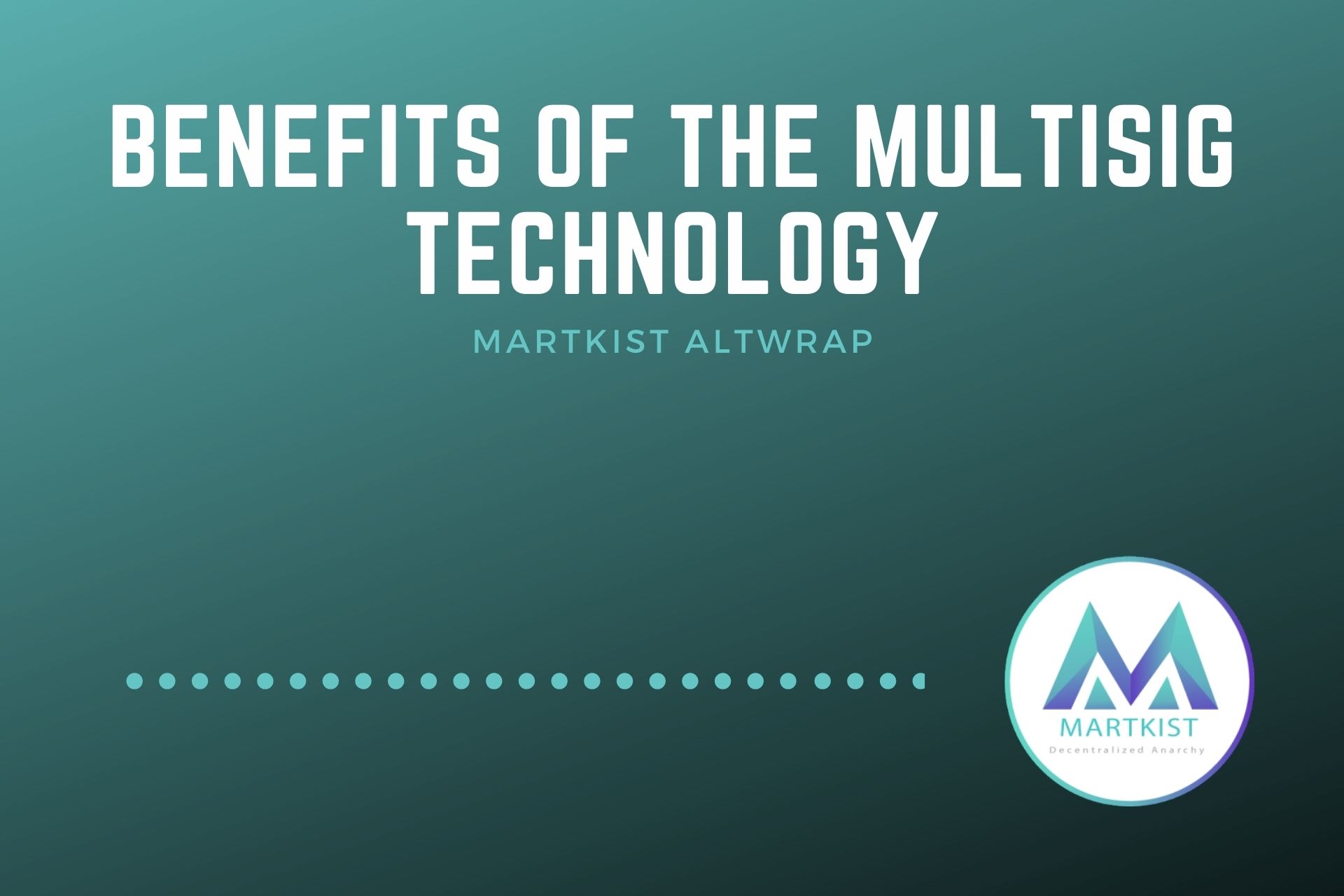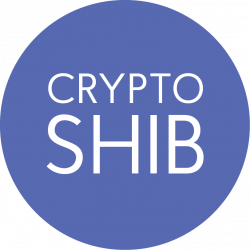Martkist Altwrap | Implementation, Deployment, and Benefits of the MultiSig Technology

Moving ahead in the crypto world requires constant and user-friendly progressive advancements. Martkist is the prime example of this, as the developers are continuously working to make it better by implementing new systems.
In the past weeks, Martkist launched a new Dapp, Altwrap, that helped convert the MARTK to wrapped tokens, WMARTK. The users can now use the wrapped tokens to engage with any ERC20 token on the Ethereum chain.
Now, Martkist has deployed a Multisignature (Multisig) security system integrating it with the wallets. Because implementing the Multisig requires multiple keys to authenticate and authorize a transaction. This enhances the security of the ecosystem while ensuring that the users get peace of mind.
Because Martkist is a community-first platform, there are multiple parties involved in almost every transaction. The involvement of multiple parties can manifest into a lack of trust or confidence in the platform’s ability to secure every transaction.
To compensate for this, Martkist has implemented the Multisig system to enhance the environment and make it better.
Ethereum-based Multisig
There is a difference between the Multisig technology implemented on Bitcoin and Ethereum. Martkist has implemented the latter as it is more flexible and allows for collecting multiple signatures on-chain. Plus, this type of Multisig is easy to understand, and the users can identify signature requirements by monitoring the blockchain.
Moreover, with Ethereum, the Multisig is deployed by writing the code. This code ensures that no single user can view and conduct a transaction until and unless all the users having access to the key are present.
It helps to create an additional layer of security over the existing ones, which also ensures higher security.
Benefits Accruing to the Martkist Users with this Tech
Apart from the security of the platform, which is one of the most important factors, using Multisig also has some additional benefits.
This model of security involves two-factor authentication. So every user is required to pass the two-factor authentication model to gain access to the wallet and the funds therein. Such technology and its associated benefits can be of great value to businesses and enterprises.
When it comes to distributing funds or conducting transactions, all the power cannot be given into the hands of a single person. Multisig embedded wallets can be configured with 2 of 3 or 4 of 6 models, wherein at least 4 out of 6 members with the key are required to authenticate the transaction.
Also, since Martkist has a marketplace and an escrow account availability, Multisig can be used further to fortify the escrow account’s security and processing. Furthermore, it can help create a trustless escrow leveraging the 2 of 3 operational model.
All in all, the implementation of Multisig into Martkist is going to bring multiple benefits to the community, starting with the security and better authentication aspects.
What is Martkist?
Martkist is a community-driven marketplace that works to nurture the principles of Freedom and build a highly connected and working community. It has a master node governance program that aims to foster a working relationship within the community.
The term used to describe Martkist is Decentralized Anarchy, which is ultimately personified in a platform that aims to practice the intelligent allocation of resources and nurture the community organization.
To Sum it Up
Martkist is always interested in bringing the true and authentic benefits of the blockchain and cryptocurrency to the everyday user. All the past developments, including the Multisig technology and future plans, are skewing towards bringing more benefits and utility to the users and the community. Martkist wants to get more adherence, adoption, and compliance with the new norms of an enabling financial decentralized system.
